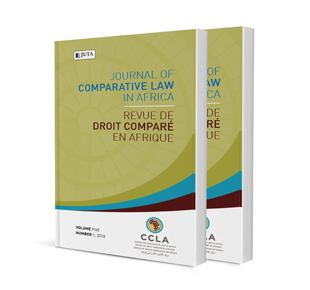
A Comparative Legal Analysis of Local Government Autonomy in South Africa and Tanzania
Authors: Oliver Fuo and Daniel Mirisho Pallangyo
ISSN: 2521-2605
Affiliations: LLB, LLM, & LLD. Associate Professor, North-West University, South Africa; LLB, LLM & LLD. Extraordinary Senior Lecturer, North-West University, South Africa; Senior Lecturer, Tumaini University, Tumaini Makumira, Tanzania
Source: Journal of Comparative Law in Africa, Volume 10 Issue 2, p. 1 – 39
https://doi.org/10.47348/JCLA/v10/i2a1
Abstract
Over the past thirty years, there has been an increased drive towards decentralisation in Africa with the adoption of national constitutions that guarantee varying degrees of protection to local governments. In 2014, the African Union (AU) adopted the African Charter on Values and Principles of Decentralisation, Local Governance and Local Development (2014) to guide the decentralisation project for member states. The Charter acknowledges that the protection of local autonomy in decentralised legal frameworks is necessary for local governments to deliver on their developmental mandates. In this article, we explore from a comparative law perspective, how local autonomy is protected in the constitutions of South Africa and Tanzania. We also consider legislation regulating decentralisation in South Africa and Tanzania, comparing the similarities, differences, and challenges to local autonomy in these two countries in view of their different national legal frameworks. The comparative legal analysis helps to show the unique nature of the systems of decentralisation in both countries and lessons that can inform law reform. Although there are comparative studies on subnational autonomy in Africa, none has specifically compared local government autonomy in South Africa and Tanzania. The research is based on a critical and integrated analysis of primary and secondary sources of law.